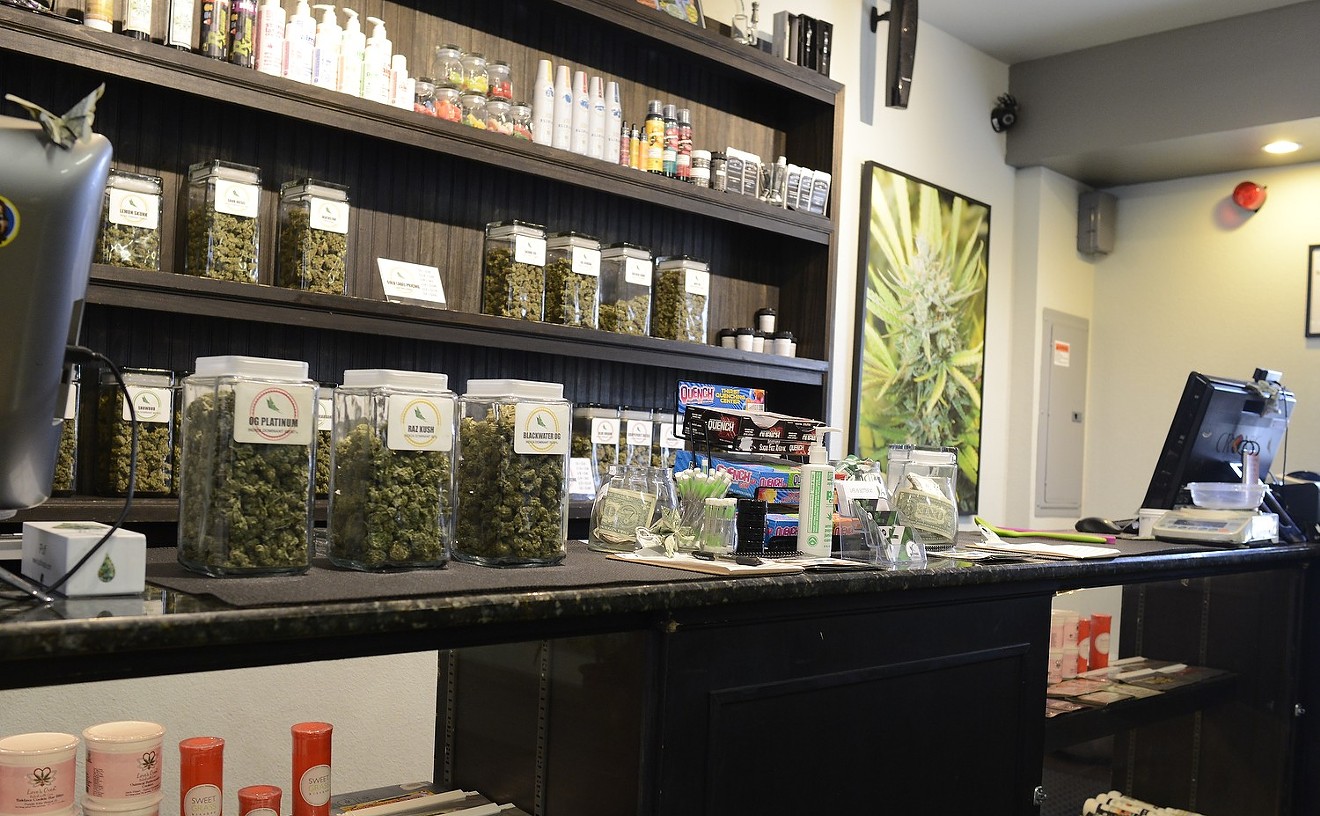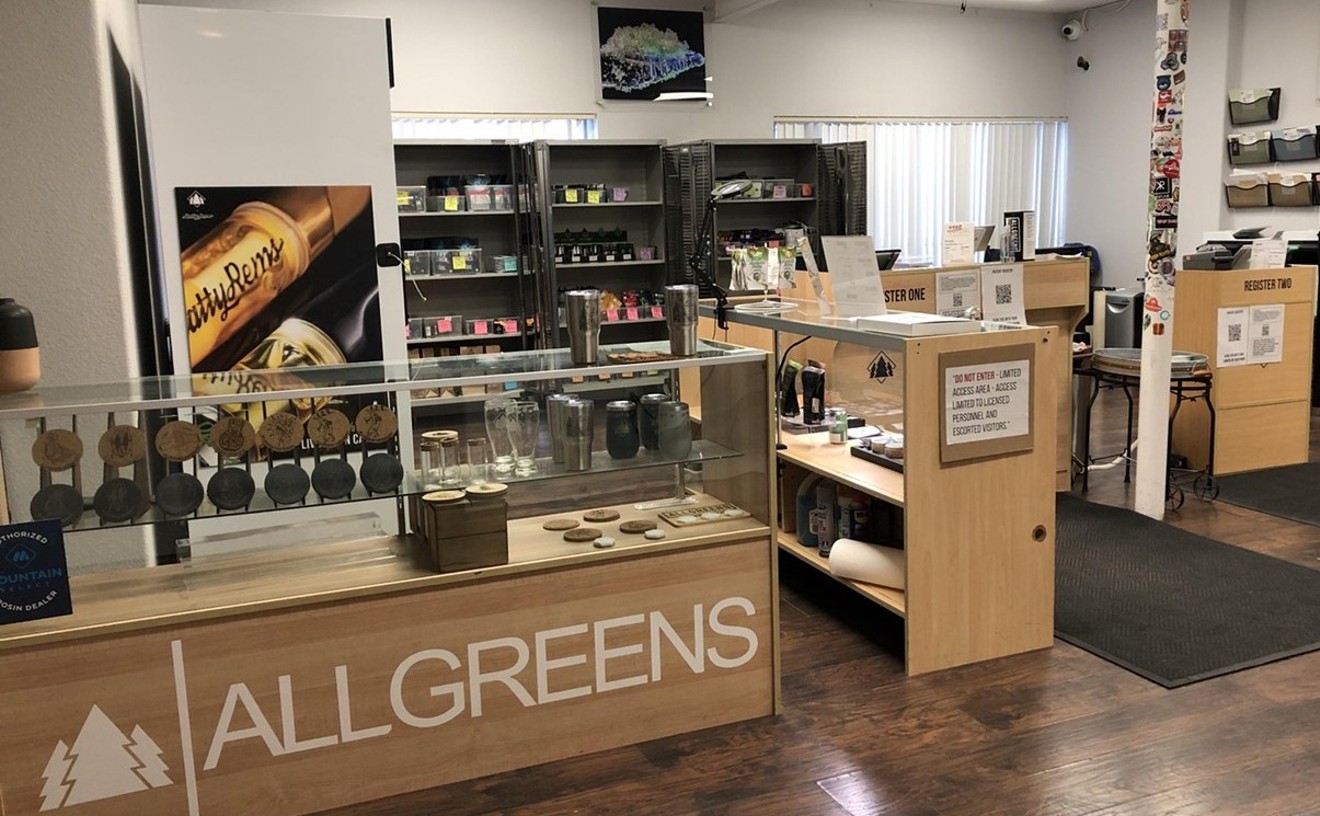"Because we were the first," explains Denver Excise and Licenses executive director Ashley Kilroy, whose office oversees the licenses for over 1,100 individual medical and retail pot enterprises and 220 dispensaries in Denver. "We have the expertise."
Kilroy and the City of Denver are hosting a full house of government officials during the annual Denver Marijuana Management Symposium at the Embassy Suites Downtown this week; many of the attendees have traveled from other cities, states and even countries to hear how localities have addressed retail cannabis. Although Denver has the center stage, plenty of other places are eager to share their experiences. Local regulators from Portland, Seattle and Washington, D.C., as well as Canada, the Netherlands and even Malaysia are in the Mile High City to talk about how their respective governments have approached cannabis.
Other large American cities with retail sales, such as Portland and Seattle, have structures fairly similar to Denver's, with subtle differences in location buffers, licensee privacy and home-grow limits. D.C. doesn't allow sales, but doesn't restrict possession, either. The Netherlands are far more free, looking the other way when technically illegal coffee shops sell pot. But the starkest differences from Denver are in Malaysia.

Ashley Kilroy, executive director of Denver Excise and Licenses, at last year's symposium.
Kate McKee Simmons
Speakers from American cities with commercial cannabis all expressed a need for social equity in the industry, as well as record sealing or expungement for low-level cannabis offenders who were charged before legalization. Portland's retail pot-tax revenue created a $500,000 fund to clear low-level pot offenses from residents' records, according to Brandon Goldner, head of Portland's cannabis coordination program. David Mendoza, who works in the Seattle Mayor's Office, says his city loosened strict dispensary buffer requirements so more underserved parts of the city didn't become concentrated with pot shops.
While municipalities have taken different approaches to different aspects of the industry, they have one challenge in common: No American city has yet figured out social consumption. Neither Portland nor Seattle has a plan in place to license cannabis lounges or consumption areas, while Denver's three-year pilot program for social-consumption areas has received heavy scorn from the drafters of the original voter-approved initiative, and still hasn't seen a business submit an application.
That doesn't mean city officials aren't working to figure out that and other cannabis-related challenges. According to Kilroy five Denver cannabis officials gather to talk for an hour every week before meeting with city department representatives that also deal with cannabis. Her team also meets bi-monthly with Mayor Michael Hancock's office, quarterly with industry representatives, and has regular conversations with state legislators, such as state representative Dan Pabon.
"The cameras, the newspapers, the TV stations, they really like this topic," Pabon told the audience. "When you have that type of microscope on the work that we're doing, it's part of what makes this successful." In the cannabis field, he added, there's room for anyone interested in public policy, social health, youth, law and order, and other public services. "It's a powerful statement to what government can do when different parts of it work together," he said.
The Denver Marijuana Management Symposium will continue at the Embassy Suites Downtown through today, October 20. See our October 19 Facebook Live interview with Ashley Kilroy below:












